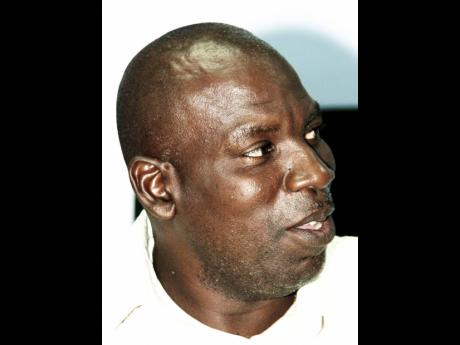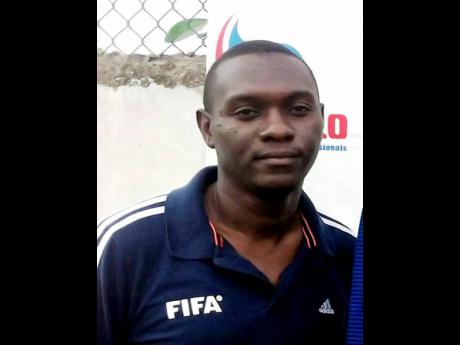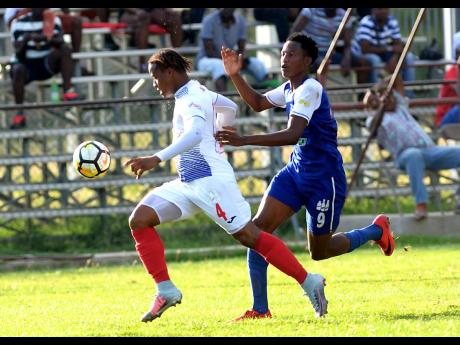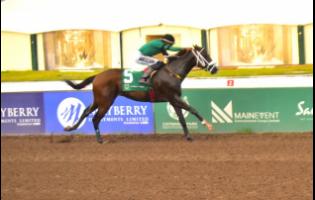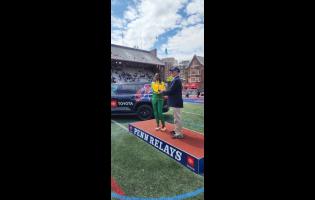Western administrators concerned about region’s football
The struggles of western Jamaican football clubs Montego Bay United (MBU) and Reno FC in this season's Red Stripe Premier League (RSPL) has painted a dim picture of the future of western football. During the '80s and '90s, the west dominated Jamaican football, with Seba (now Montego Bay United), FC Reno, Violet Kickers and Wadadah all enjoying relative success. But with how things are currently going in the RSPL, western Jamaica may not have a representative in the coming season, with Reno and Montego Bay United struggling in the relegation zone with eight games to go.
St James Football Association President Gregory Daley and president of the Westmoreland Football Association, Everton Tomlinson, agree that the west still produces good players, but argued that clubs lack structure and proper administration, and need to meet the demands of modern football if they hope to compete at the top.
They said western clubs do not offer any exposure or provide opportunities for young aspiring players and this has led to mass migration of players in search of better opportunities to further their careers.
Tomlinson believes Corporate Area clubs have recognised the requirements and forged ahead to modernise their clubs, while western clubs are not showing enough progression.
"Carvel Stewart and Clyde Jurideini, in the early '90s, started to bring a professional approach to Harbour View and that is where the turnaround started," he said. "It started the shift in football and dominance started to go back to Kingston. But football has become a youth business and those in the Corporate Area understand it more and do more. The business sector supports it more, the crowd support is more.
NO FINANCIAL SUPPORT
"But we continue to suffer because we have no infrastructure, no financial support, and we have poor (club) leadership. As a result, players aren't getting exposure and development to compete against those who are more exposed, have better organisation, better coaching and better support."
Tomlinson said generation after generation of outstanding Reno players were never provided an outlet to excel and advance their careers. As a result, contrary to what used to happen in the '80s and '90s, it has now become more attractive for western players to head east in search of better opportunities.
"Mark 'Hagler' Wilson, Linval 'Palla' Wilson, Damion Thorpe, Evan Taylor didn't get the opportunity even though they represented Jamaica," he said. "None of them obtained a contract or scholarship. Reno have not marketed players, they are not in selling and developing players. So Delano Rankine, Timar Lewis, Craig Foster, players born in Westmoreland, who love Reno, have now sought greener pastures outside," he said.
"Reno has had no nursery or youth programmes since it has existed. Reno is not providing opportunities to excel, there is no future there," he added.
However, MBU has been the only shining light in the west in recent times. They have very good structure, administration and financing, but Daley believes other clubs need to develope their administration and structures.
"The more organised clubs attract more professional players and keep them longer," he said. "We have gone on a drive to deal with administration, as we are aware that it is a problem in St James and western Jamaican clubs.
"Football is not like the '90s, when we had several funding (for clubs). If those clubs had substance our clubs today wouldn't be like this. Those clubs had a lot of funding and attracted the best players outside the parish. It is the same now, the finances are there (outside) so the players are gravitating towards it. But on the other side, it is the organisation, professionalism and opportunities," he said.
Daley strongly believes if western clubs get their houses in order, they can return to the top of local football. "The fix must be within the clubs, we (FA) are a part of it, but we only can assist. Montego Bay United is a professional club and we want them to remain, and I am really optimistic. But along with MBU we need other qualifiers, not only being a part of the league, but being serious contenders," he said.






























